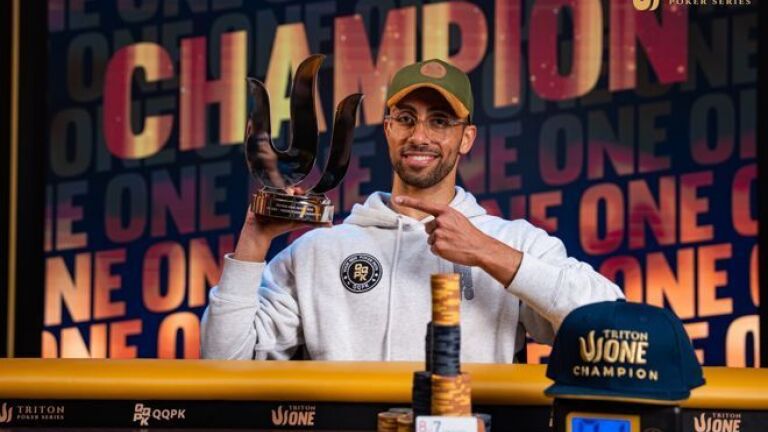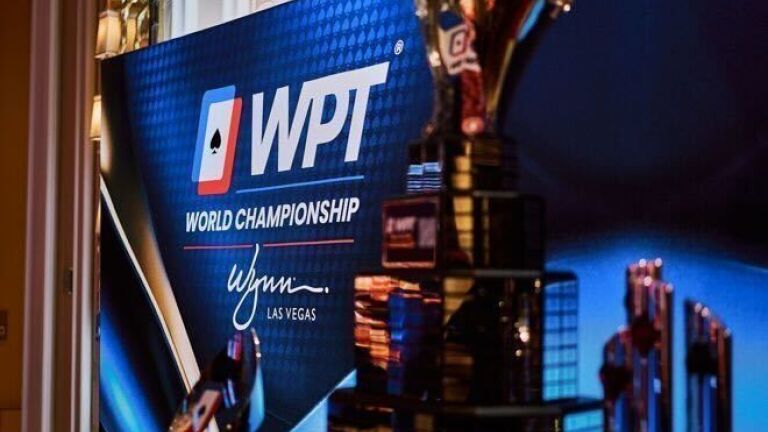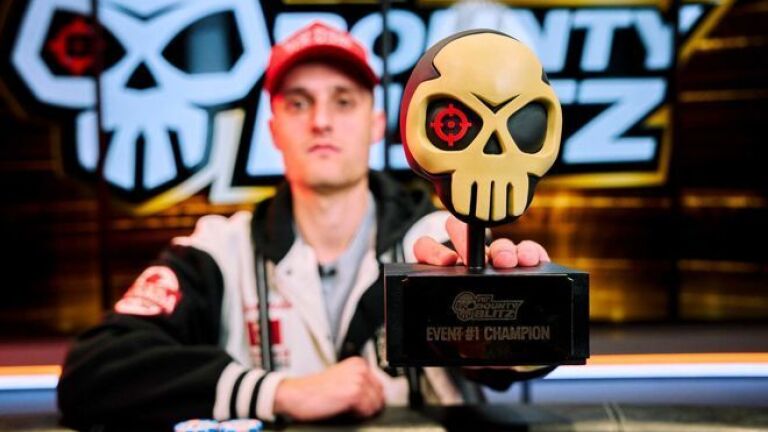It is especially easy to win at micro stakes because there are many-many loose passive players (going up the limits, it is aggression that increases the most; even the fish get more and more aggressive).
Our first tip would be for you to mark passive opponents. They are the ones that mostly only call your raise, but themselves raise very rarely. They are easy to identify at a table (especially if, according to our recommendation, you only play up to four tables at a time).

Strategy against passive fish is quite easy: you need to make aggressive bets, if you have at least a medium strong hand, as chances are that they will call you even with very weak hands. ATTENTION: when these passive fish re-raise you on any street (especially on the turn), you need to fold instantly, unless you have a set or top two pair (these are the cases when you will typically have to fold your overpair).
Of course, when you raise all streets with top pair, it might happen that your opponent shows two pairs in the end, because he got lucky on the river. You don't have to worry about this, though: don't develop the "two-pair-o-phobia". You will win the hand in most of the cases, and it does matter whether you win 25-30 BBs or, say, 60-70.
When you havre a very strong hand on the river, but your opponent could only call your river raise with a very polarised range, it is definitely worth raising big (like the pot, or almost the pot), as if he has a good hand, he will still call. This typically happens when you raise throughout the hand and the board does not change too much compared to the flop.
Examples:
- KKTT6 board with no flush (there were to suited cards on the flop but the third never arrived), and you are holding Kx
- Flopping a set on a T8522 board
- Having K/A high flush on a board with four suited cards (this is typical: fish looks at his cards, and if he has a flush with anything, he will call).
When you have a strong hand on the river but the board got ugly (either from your or the opponent's angle), then it is the other way around. If the turn and the river were both overcards, it typically wouldn't help your opponent and he will feel his flop top pair weak. If you flopped a set in this case, it is quite uncomfortable, as you will probably not be able to win as much as you could have. In these cases, it is worth making a smaller value bet, because that can be seen from the opponent's point of view as if you too were afraid of the higher cards and he might as well re-raise you.
The worse player your opponent is, the bigger bets you have to make, as many players sit in with only 70-80 BBs and against these, a river all-in is highly possible, as they will have not much more chips left than what is already in the pot. With a 6.5BB flop bet, and a 16-18BB turn bet you can bet a 70-80BB stack all-in on the river (if the opponent is very weak and a calling station, you could even put a 100BB stack all-in on the river). The aspect "if I have already put in that much, I will not get out" works very well at the micros, and this is exactly why bluffs are not that successful.
This means around +4-8BB/100.
Examples
Overbet for value against polarised calling range
Example No.1.
NL10 SH – A9o river overbet
$0.05/$0.10 No Limit Holdem
4 Players
Stacks:
CO Player9 $15.01
BTN Player5 $2.45
SB Hero $9.75
BB Player8 $12.75
Pre-Flop: ($0.15, 4 players) Hero is SB


2 folds, Hero raises to $0.30, Player8 calls $0.20
Flop: ($0.60, 2 players)



Hero bets $0.60, Player8 calls $0.60
Turn: ($1.80, 2 players)

Hero bets $1.80, Player8 calls $1.80
River: 4d ($5.40, 2 players)

Hero bets $7.05, Player8 calls $7.05
Final Pot: $19.50
Hero shows
 9
9  A
APlayer8 shows
 4
4  K
K Hero wins $18.69 (net +$8.94)
Player8 lost $9.75
This is typical, 9x4x will never get folded, and in many cases the flush will also call you. It is also possible that 55-88 will call as well. Usually, your opponent either has nothing on this board, or a very strong showdown value that he will hardly let go, even for an overbet.
Example No.2.
NL100 HU – AKo 3bet pot, 4X overbet
$0.50/$1 No Limit Holdem
PokerStars
2 Players
Stacks:
SB $125.10
Hero $174.50
Pre-Flop: ($1.50, 2 players) Hero is BB


SB raises to $4, Hero raises to $14, SB calls $10
Flop: ($28, 2 players)



Hero checks, SB checks
Turn: ($28, 2 players)

Hero checks, SB checks
River: ($28, 2 players)

Hero goes all-in $160.50, SB goes all-in $111.10
Final Pot: $299.60
Hero shows four of a kind, Aces
 K
K  A
A SB shows a full house, Aces full of Sevens
 8
8  Q
Q Hero wins $299.10 (net +$124.60)
SB lost $125.10
The fish calls the 3bet with a very wide range preflop. On the river, he will never fold a full house, not eve















0 comments